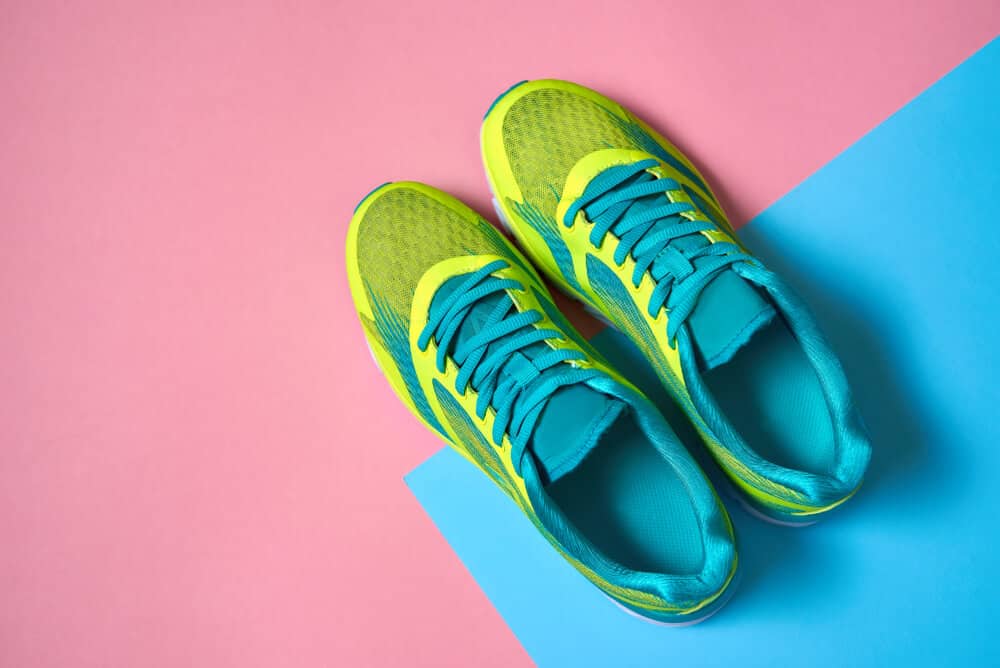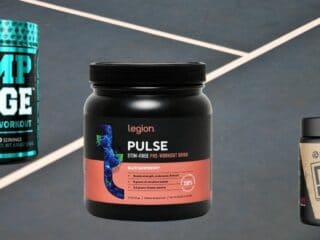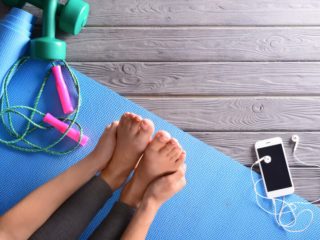Plantar fasciitis, or policeman’s heel, affects roughly 2 million in the United States, making it a common source of foot pain. Just what is plantar fasciitis, though? It’s an inflammation of the plantar fascia, the tissue connecting the heel to the toes. The main cause of plantar fasciitis? Repeated straining of the plantar fascia. This straining often occurs through activities like wearing poorly fitting shoes, excessively exercising, and hard jumping and landing.
One of the best preventative measures and treatment options for this condition therefore is to wear the right foot gear. Keep reading to learn more about the best running shoes for plantar fasciitis.
What Shoes Do Doctors Recommend for Plantar Fasciitis?
It’s ideal to visit a podiatrist, someone who specializes in diagnosing and treating medical conditions of the feet. This way, you can better identify if policeman’s heel really is to blame for your discomfort. Even better, a podiatrist can help you craft a treatment plan tailored to your specific situation.
Shoes experts commonly recommend for this condition include those with proper sole support and cushioning. This way, the heel and arch are properly supported throughout the day, leading to less straining. Furthermore, the whole foot is better protected from day-to-day impacts like walking, once again meaning less strain on the plantar fascia.
What are the Best Running Shoes for Plantar Fasciitis?
Athletes need to take extra precautions when it comes to managing this condition, as limited research suggests improper or defective athletic footwear can contribute to plantar fasciitis. However, finding the right shoe fit for athletes may be a little trickier than simply piling on the cushioning.
In fact, some research suggests that maximal running shoesâshoes with greater stack heights, or amount of cushioning between feet and the groundâmay actually put some runners more at risk of injury. One 2018 article from the Orthopaedic Journal of Sports Medicine, for example, found that maximal shoes “increased impact forces and loading rate,” two factors strongly associated with increased risk of injury, in their participants (all participants were female). It’s important to note that this research is limited, and research suggests that factors besides stack height could influence impact forces.
What does that mean for athletes trying to avoid or treat this condition? First and foremost, it’s important for these individuals to seek professional treatment to accurately identify the source of their discomfort and craft a specialized pain management plan. This treatment plan may include using custom orthotic sole inserts. Furthermore, it’s necessary for athletes to regularly inspect their footwear for signs of wear and tear and to properly lace their shoes. While these actions may seem overly simplistic, experts say they could go a long way in preventing policeman’s heel and similar conditions.
Finding the Best Running Shoes for Plantar Fasciitis
When it comes to finding the best running shoes for plantar fasciitis, there’s no one magical one-size-fits-all shoe or brand. After all, many different factors can cause or contribute to this condition, such as improper marathon training. That means that treating or even preventing this condition will vary by individual.
That being said, there are a few factors to keep in mind when selecting footwear, including:
- Whether or not the shoe is worn
- Whether or not the shoe bends in half (it should not be able to bend in half)
- Proper sole support, which may vary based on whether or not you have high or low arches
- How wide the shoes’ heels are
- Where you run (on asphalt, nature trails, etc.)
Popular Options to Consider
As for what specific shoes may work well for preventing and managing plantar fasciitis, it’s always important to discuss your options first with a licensed professional. Options to discuss with your podiatrist include the following:
- ASICS GEL-Nimbus 20 Running Shoe
- ASICS GEL-Nimbus 22 Running Shoe
- Hoka One One Bondi 6
- New Balance 1080v9 Fresh Foam Running Shoe
(Note that this is not a complete list, and these shoes may not be the right fit for everyone.)
What’s so great about these shoes? They tend to provide good cushioning, durability, foot stability, and great shock absorptionâall of which may aid someone suffering from policeman’s heel.
Final Thoughts
When it comes to preventing and treating plantar fasciitis, there’s no single cookie-cutter fix that will help everyone. The best course of action when dealing with this condition is to see a podiatrist to identify the cause of your foot pain and craft a customized management plan. That being said, some of the best ways to prevent this condition for most people include investing in proper footwear and routinely checking said footwear for signs of defects.
Disclaimers: This article does not constitute professional medical advice, nor can it replace the advice of a licensed professional










